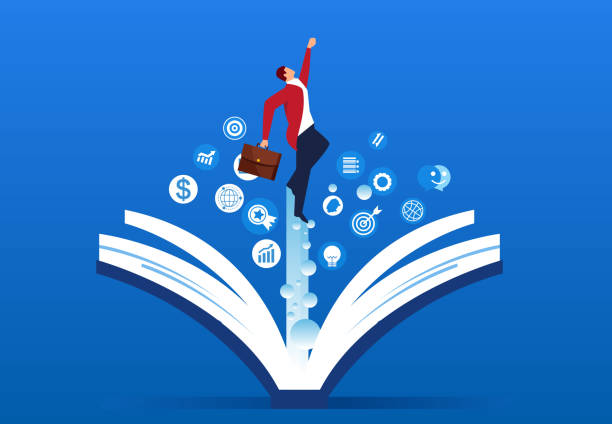
The self-help literature industry is worth billions, with countless books promising to transform lives. As its name suggests, a self-help book instructs its readers on improving themselves and overcoming personal problems. The question to consider is: Are these books genuinely helpful, or do they fall short of their promises?
First, it is valuable to explore why people turn to self-help books and what makes the latter so appealing. In fact, people seek these books looking for clear guidance on personal growth and self-improvement, whereas most of them promise their readers quick fixes and solutions to a plethora of common personal challenges. The themes tackled in self-help literature include mental health, relationships and communication skills, productivity and success, along with other relatable aspects of one’s personal life. In addition, another element pleading for these books is their accessibility compared to other self-improvement methods, such as therapy, life coaching, or other professional help programs.
Like any other industry, self-help literature holds two plates: while it delivers on its promised benefits, it inevitably comes with its limitations. Some undeniable advantages of self-help books are worth highlighting. As a matter of fact, these books serve as a source of inspiration and motivation for their readers, encouraging them to actively tackle specific situations by giving practical advice. This establishes self-help books as a valuable tool for personal development, enticing 85% of psychologists to recommend these books to their clients, according to the American Psychological Association.
However, limitations are inescapable in every field, making it essential to shed light on the drawbacks of self-help books. Often, the advice in these books is generalized and lacks the personalization necessary to suit individual circumstances, making therapy or personal coaching a more convenient option. Moreover, some self-help books tend to overpromise or oversimplify, offering unrealistic expectations to readers while overlooking important factors, such as personal or mental health challenges. Thus, such factors must be taken into consideration to make the advice more efficient and suitable for the audience. Finally, readers commonly fall into the trap of passively consuming self-help books without implementing lessons and taking action to fulfill the goals that pushed them to read the book at hand.
Finally, the effectiveness of a self-help book is determined by several factors. A key factor is the quality of the book: it is crucial to select a book authored by a qualified expert presenting well-researched and evidence-based facts displayed from a universal perspective. Furthermore, the impact of a self-help book is highly affected by the reader’s approach. For instance, matching the book’s advice to meet the reader’s needs as well as the active application of these tips are indispensable to accomplish the reader’s goals. Lastly, it is essential to keep in mind that self-help books work best alongside other practices like therapy, life coaching, or support groups.
To put it simply, one cannot deny the benefits of self-help literature. Nonetheless, these books are only efficient when consumed properly, whereas their value depends surely on the quality of the book, but mostly on the reader’s approach. Therefore, as readers, we must critically assess self-help books and take proactive steps beyond passively reading them.